We would like to inform fans travelling to Brussells for our UEFA Cup match against Anderlecht on Thursday that the Belgian authorities adopt a stance of zero tolerance and that the country makes use of Belgian Football Law, applicable inside the stadium and in the surrounding five kilometres around the stadium.
We would like to inform fans travelling to Brussells for our UEFA Cup match against Anderlecht on Thursday that the Belgian authorities adopt a stance of zero tolerance and that the country makes use of Belgian Football Law, applicable inside the stadium and in the surrounding five kilometres around the stadium.
The Belgian Police will not tolerate inappropriate behaviour of any kind and will not hesitate to take firm action if they feel there is any behaviour that they consider aggressive or threatening.
In addition, the Police will be carrying out a robust operation and will not tolerate drunkenness in the Town Centre or at the Stadium. Anyone deemed as drunk will be refused access to the stadium.
We would like to remind supporters once again that those travelling to our UEFA Cup matches abroad are doing so as ambassadors of the Club. It is vital that respect is shown at all times to our hosts, and that any cases of disorder will be dealt with firmly by both the local police and UEFA.
THFC Club stewards will be working at the match to assist all of our supporters who have been allocated a ticket.
Fans without tickets are advised NOT to travel to this fixture.
We once again thank all fans for their fantastic support abroad and stress again that we are committed to giving the best advice available.
With that in mind, here are the details of Belgian Football Law…
For national and international matches, Belgium makes use of a football law, which is applicable in general inside the stadium and in the surrounding five kilometers around the stadium (the perimeter), and to supporters from 14 years or older. The following behavior will lead to a sanction, from 3 months up to 5 years stadium ban and/or a money fine from 250 up to 5000 euros:
• anyone who without any justified reason throws or shoots one or more objects from or to the playing field or the zone surrounding the playing field, including the stands;
• anyone who finds himself in the perimeter because of and on the occasion of a football match and who without any justified reason throws or shoots one or more objects to movables, immovables or one or more persons in or outside the perimeter;
• anyone who enters or tries to enter the stadium unlawfully. Are considered as unlawful entries:
1° entering the stadium in breach of an administrative or judicial stadium ban or of a stadium ban as a security measure;
2° entering the stadium when one has been refused entrance by the stewards (f.e. in case of refusal of a search);
• Anyone who does not follow the orders given by the stewards or the police (in the stadium or the perimeter);
• Anyone who gives help to someone to enter the stadium while having a stadium ban;
• Anyone who enters or tries to enter the stadium without a valid ticket;
• except any statutory regulation, government order or any other explicit and preceding permission or justified reason showing the lawful nature, anyone who enters or tries to enter certain stadium zones without a valid ticket for that zone or enters or tries to enter those places that are not open to the public.
Are considered as places that are not open to the public:
1° the playing field and the connecting zones that are separated from the public (stadium ban of at least 2 years and 1000 euro);
2° the walls, fences or other means intended to separate the spectators;
• anyone who, alone or in groups, through his behavior disturbs the proceeding of a national or international football match by inciting to assault and battery, hatred of or anger towards one or more persons inside the stadium;
• anyone who finds himself on the Belgian territory, alone or in groups, because of and on the occasion of a football match and incites to assault and battery, hatred of or anger towards one or more persons (from 24 hours before the game until 24 hours after the game);
• anyone who brings in or tries to bring in pyrotechnical objects intended to produce light, smoke or noise or who is in possession of such objects inside the stadium.
Furthermore, a judicial stadium ban and serious money fines are possible for ticket fraud and black market sales. The law stipulates as follows:
Is punished with a prison sentence of six months to three years and a fine of 5 euro to 500 euro, or with one of these penalties alone, the distribution or sale of one or more valid tickets for a football match, either in violation of the issue system instituted under the application conditions laid down by or by virtue of this law, or without any explicit and preceding authorization of the organizer, with the intention of disturbing the proceedings of a national or international football match or of making profit.
The attempt to this crime is punishable with a prison sentence of six months to two years and a fine of 5 euro to 250 euro, or with one of those penalties alone.
Belgian authorities will prosecute foreign fans who commit offences against the football law or penal offences (vandalism, fysical violence, shoplifting, racism, etc.). Either the normal procedure will be followed, or Belgian authorities will make use of the following stipulation:
When facts are committed by an offender who has neither an address nor a main place of residence in Belgium, the official of the Ministry of the Interior can immediately levy a sum of 250 euro, with the consent of the offender.
Such official is present at international matches.
Finally, the Belgian football law makes it possible to transfer information to authorities of other countries:
The official of the Ministry of the Interior can communicate to the authorities of each State, with which Belgium has concluded an agreement to that end, the information that is necessary for the identification of persons on whom an administrative sanction, or an administrative or judicial stadium ban or a stadium ban as a security measure has been imposed in Belgium, or of whom a sum of money was collected immediately. The information with regard to the sanction’s nature and duration and with regard to the facts, which were at the basis of the conviction, can be communicated as well.
Such agreement had been concluded with the United Kingdom. If someone is convicted in Belgium for breaching the football law, this conviction will be send to the UK Home Office, where further action can be taken under UK law.









